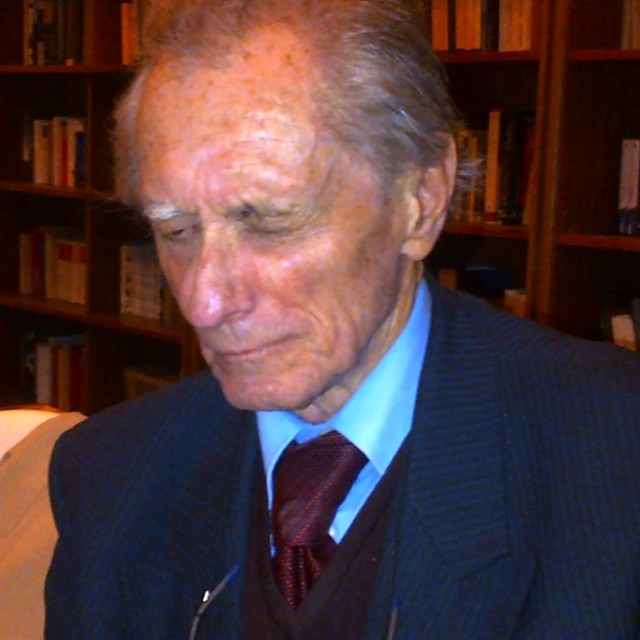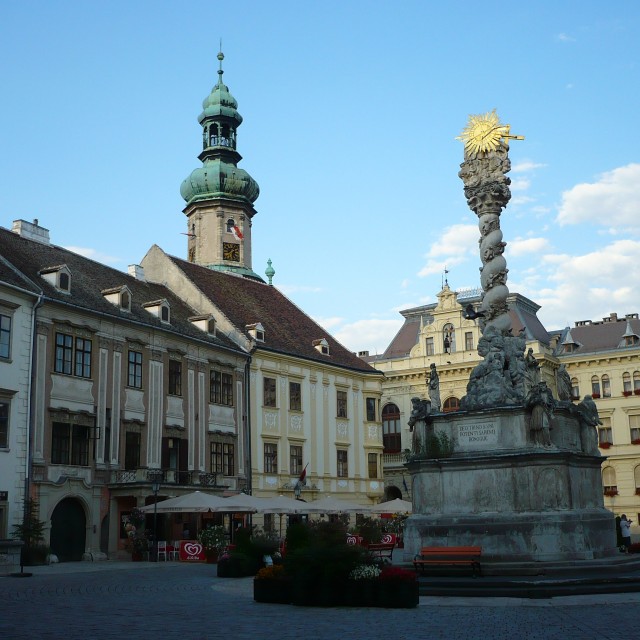In the crossfire
Bálint Ordódy, having heard the news on the Hungarian revolution at the end of October 1956, decided to return to Hungary from Paris where he had been living since 1948. He took a train with his Dutch friend and they arrived to the Hungarian border via Wien. That part of the border was controlled by units of the national guard of the town of Sopron recruited among students. They let the Dutch guy enter Hungary without any problem but Bálint Ordódy who had refugee documents with him was sent back to Austria: ’We are revolutionaries, we’re socialists! You are a bloody capitalist counter-revolutionary. We don’t want you.’ – he was told. The Austrian border guards on the other side thought that the returning young man was a political policeman escaping from Hungary. „They came to catch me with their dogs. I showed them my documents and they could see that I had come from Paris. So I could spend the night in the border station.” He didn’t give up, he returned to the Hungarian border the following day. There was an other group of students on duty. This time he could enter Hungary but „a stamp ’entered’ was put on my document” and this is why I was refused to get the French citizenship until 1968! Bálint Ordódy joined the national guard in Sopron. He got a gun, he patrolled the streets and he took part in the arrest of a political policeman. After the Soviet invasion on November 4 he fled to Austria across the uncontrolled frontier with hundreds of students from Sopron. Since he kept his gun he was considered a soldier and he was sent to a POW camp. He escaped after a while. He could return to France with the help of his family and the good offices of the French ambassador.
Hodnocení
Hodnotilo 0 lidí
Routes
Not a part of any route.
Comments
No comments yet.







